Summer School 2018
The 2018 edition of the SDG Summer School focuses on team-based problem solving and hands-on prototype development in the field of mobile health (m-health). It’s run in collaboration with Be He@lthy, Be Mobile, a joint program between the International Telecommunications Union (ITU) and the World Health Organization (WHO).
In particular, participants will explore how open data, crowdsourcing technologies, and low-cost open source solutions can be used to gather the data needed to tackle some of the key challenges in the field of non-communicable diseases (SDG Goal 3: Healthy Lives and Well-Being for All at All Ages).
A two-month-long adventure across the globe, the school will kick off in July with two weeks in Geneva, followed by four weeks in one of the laboratories of the United Labs for the Global Goals, and will end with two weeks in Beijing and Shenzhen.
Participants
Participants in the SDG Summer School have been selected via the Open Seventeen Challenge. Open Seventeen is a prize-backed challenge to reward and invest in those developing innovative and implementable projects that tackle the 17 UN SDGs. The 2018 edition was open to students currently registered in a University, at the Bachelors or Masters level, proposing a solution for one of the six Be Healthy Be Mobile challenges.
35 students were selected out of 70 applications, coming from 8 different Universities in Asia, Africa, Europe and North America. Between 19 March and 30 April, they have received intensive mentoring and coaching to help transform their m-health ideas into impactful projects, by interacting with experts from ITU, WHO, Tsinghua X-lab, and the Open Seventeen team from Geneva, Zurich and New York. As a result, 15 students and 6 promising ideas have been selected for further development during the SDG Summer School.
The SDG Summer School has three parts:

Part 1 (2-14 July, Geneva)
By combining seminars with site visits to international organizations and team-based work, the first part of the SDG Summer School aims to give students a deeper understanding of the SDGs, and meet project mentors in the international organizations. Geneva offers a unique space for understanding the different dimensions involved in the SDGs, and provides an exceptional diversity of experts and mentors from the UN and other International Organizations (WHO, ITU, ICRC, CERN, and more).
Part 2 (16 July – 10 Aug)
During four weeks, student teams focus exclusively on their project and on taking their idea from concept to working prototype. Depending on the required expertise, they may spend some time at one of the laboratories of the United Labs for the Global Goals.
Part 3 (13 – 25 Aug, China)
During the China leg of the school, students spend one week in Beijing and one in Shenzhen. They work with a range of low-cost consumer technologies and open source software tools in order to build their prototype, in close collaboration with Chinese middle and high school students. They learn about how their prototypes can be produced in China’s vibrant manufacturing hub Shenzhen, and present their final results to a panel of design, development and production experts.
Projects

Yes Helmet
Incentivising helmet use among bicyclists through a mobile app that uses machine learning to classify images with helmets.
Website: https://sdginprogress.com/projects/118/steps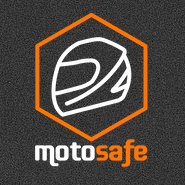
MotoSafe Industries
Creating affordable and non-distracting technology to increase motorcycle safety.
Website: https://www.motosafeindustries.com/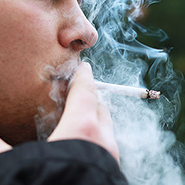
A CleanAir Greece
Using crowdsourcing to map non-compliance with smoke-free laws in public places.
Website: https://acleanairgreece.wixsite.com/home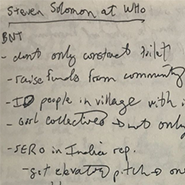
Sanitation
We will create a platform in which communities will have ready access to toilets and take ownership of their sanitation needs. We focus not only on infrastructure development but also behavioral changes through awareness raising activities in schools.
Website: https://sdginprogress.com/projects/126/steps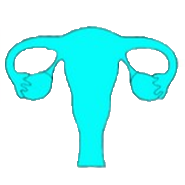
At Your Cervix
Helping prevention and early detection of cervical cancer through collaboration with menstrual tracking mobile apps.
Website: https://sdginprogress.com/projects/116/steps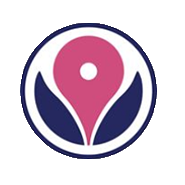
Fem.Friendly
Gathering data and developing solutions to improve feminine hygiene in public places.
Website: https://www.instagram.com/fem.friendly/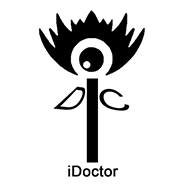
iDoctor
Low cost imaging system that uses AI to provide rapid detection of potential eye diseases.
Website: https://sdginprogress.com/projects/164/steps